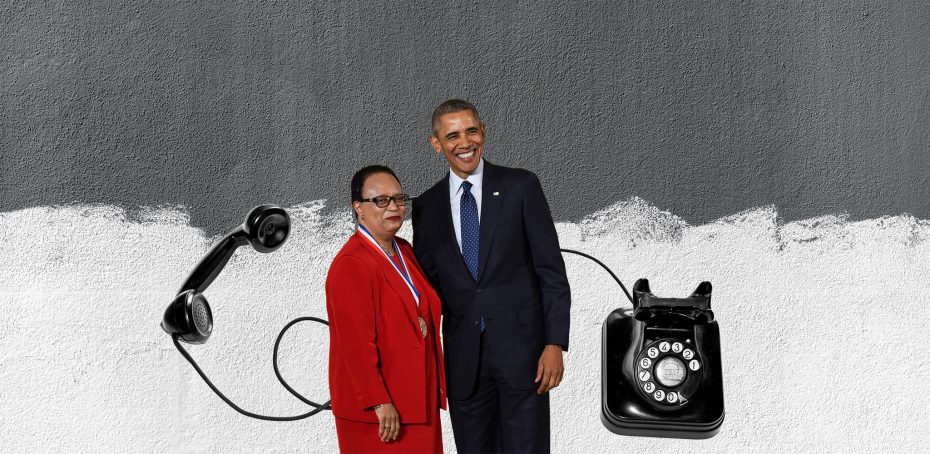Vladimir Zworykin is often called the “father of television,” a title he publicly loathed. “I would never let my own children watch it,” he said, disappointed that his life’s work brought images of violence and crime to the masses.
In the 1920s, the Russian inventor patented early broadcasting technologies built with cathode ray tubes – vacuum tubes that create images when electron beams strike a phosphorescent surface. Zworykin joined RCA in 1929, suggesting a necessary budget of $100,000 to perfect his product.
The company spent $50 million before turning a profit on the TV, initially a luxury of the wealthy.
Today, more than 116 million American households own TVs, though cathode ray tubes were phased out in the early 2000s – replaced by more energy efficient plasma and LCD screens.
Despite the revolution he started, Zworykin lived out his days seldom watching the “awful” programming his invention perpetuated.
His favorite part of television?
The “off” button.







